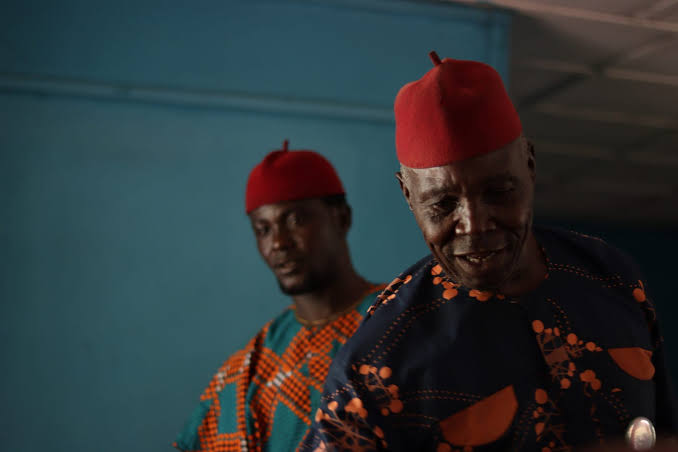The Igbo apprenticeship system, known as “igba boi,” is a century-old practice among the Igbo people of Southeastern Nigeria. This unique form of stakeholder capitalism fosters economic development by allowing successful businesses to mentor and develop others, creating a largely equal community where everyone has opportunities, regardless of their background or resources. Highlighted in an article by Ndubuisi Ekekwe in the Harvard Business Review, the Igbo Apprenticeship System (IAS) has been recognized as the largest business incubator in the world, with thousands of ventures established yearly through it.
According to the article, the IAS has been recognized as the largest business incubator in the world, with thousands of ventures established yearly through it. Notable entrepreneurs like Innocent Chukwuma, Ifeanyi Ubah, and Cosmas Maduka, who have made significant contributions to Nigeria’s economy, are products of this system.
One of the key focuses of the IAS is to prevent poverty by mass scaling opportunities for everyone. It operates on the principle that when a child is born, he or she belongs to the community, and it is the community’s responsibility to ensure the child’s success and well-being. Through the apprenticeship system, young individuals learn the mechanics of markets and business secrets under a master, who eventually settles them into their own ventures, willingly relinquishing market share to support their success.
While the IAS (Igba boi) has been successful in promoting economic equality and empowering communities, there are calls for its formalization to provide better protection for young apprentices. This could include establishing a registry for contracts administered by community elders and ensuring that contracts on settlements are honored. However, there is also recognition that formalizing the process with written contracts and involving governments could distort the natural equilibrium of the system.
In conclusion, the Igbo apprenticeship system (Igba boi) serves as a practical demonstration of the ubuntu philosophy, emphasizing a universal bond of sharing that connects all humanity. It highlights the potential for stakeholder capitalism to create inclusive and sustainable economic systems that benefit everyone, not just a few. By learning from the IAS, the world can gain insights into how to improve competition, create wealth for everyone, and foster peaceful coexistence in communities.
Watch Cosmas Maduka speaks on Igbo Apprenticeship System (Igba boi).

Leave a Reply
You must be logged in to post a comment.